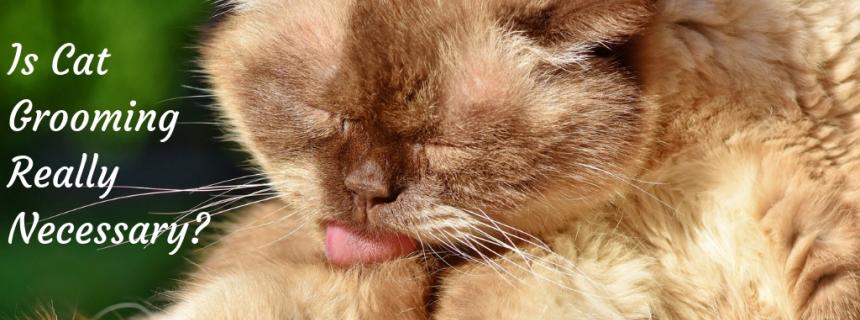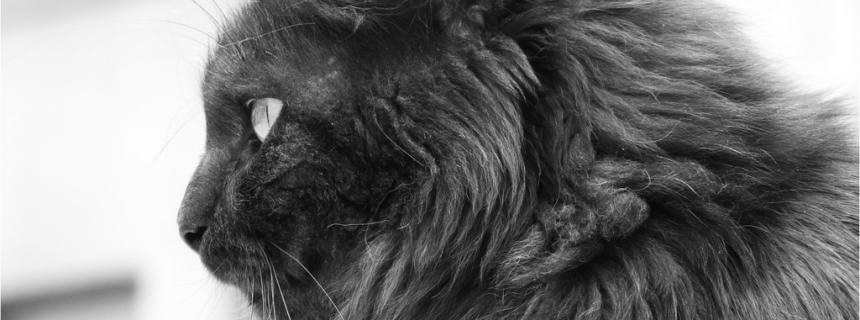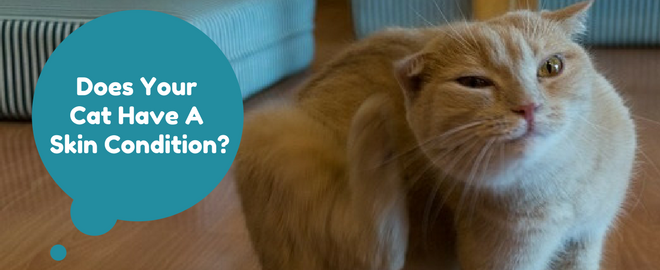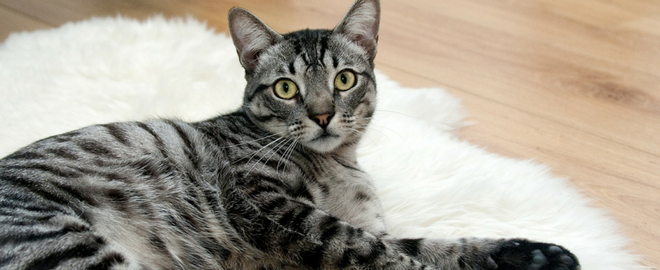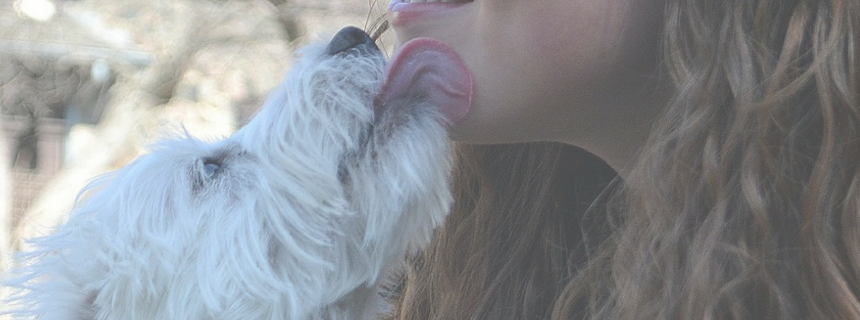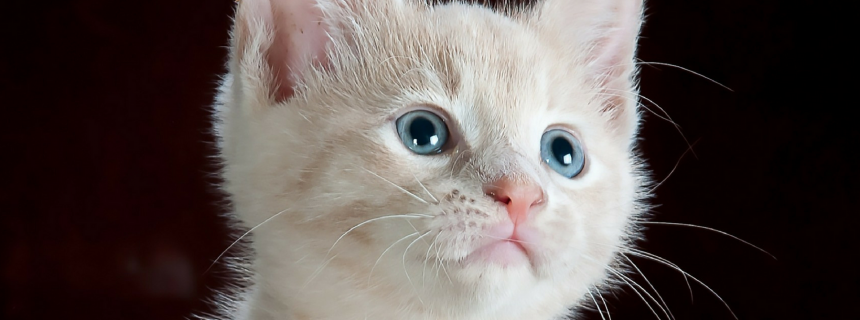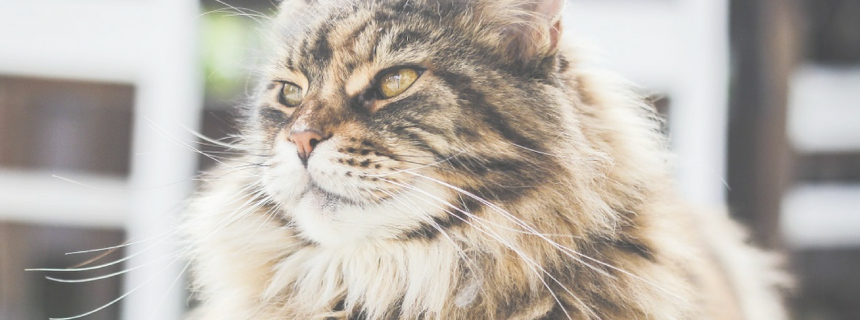This collection of Cat Bathing & Hygiene articles has been curated for you by 4 Paws Veterinary Care. If you would like to talk to a veterinarian, please give us a call at 518-300-4279.
Is Cat Grooming Really Necessary?
Most people think cats can take care of themselves—and they’d actually prefer it that way—but even the most fastidious feline groomers could use a helping hand.
Read More
Hairballs in Cats: Causes, Symptoms, and What You Can Do About Them
If you’ve ever seen your cat gagging and eventually cough up a hairball, then you know the situation. You know they’re no fun to clean up, and worse, they can cause health problems for your cat. What you might not know is what causes hairballs, what symptoms to look for and what you can do to prevent them.
Read More
Does Your Cat Have a Skin Condition?
How do you know if your cat has a skin condition? Well, two common symptoms are massive hair loss and scratching like she’s entered herself in a World Scratch-a-thon and is determined to win.
There are other symptoms too, depending on this issue and we’ll look at those in a minute.
But first, you might ask yourself, what could trigger an all out Scratch-a-thon in my cat and your answer could be fleas. Food Allergies. Even cancer could drive your cat to the brink of compulsive chewing, biting, and scratching.
Read More
Problems in the Litter Box
Feline urethral obstruction and lower urinary disease are common conditions we see in our feline patients. Luckily, these illnesses are very treatable and preventable.
Read More
Can Your Pet Make You Sick?
We know that pets are more than just companion animals—they are family. We let them sleep in our beds, share our meals from time to time, and lick our faces clean. But love isn’t the only thing going on between people and pets. Humans can contract many illnesses—called zoonotic diseases—from animals, even our furry family members. Thankfully, simple precautions like education, good hygiene, and appropriate veterinary care can greatly reduce your risk.
Read More
Is Your Kitty a Hazard to Your Health?
Toxoplasmosis, a disease caused by the parasite Toxoplasma gondii, has been scaring pregnant women and families for years—and cats have a bad reputation of being the source! The truth is, despite the feline’s connection to this parasite, family pets are likely not the cause of this disease in human cases. Most commonly, human infection occurs as a result of gardening in contaminated soil or handling raw meat.
Read More
How to Handle Hairballs
Cats are typically fastidious groomers and therefore ingest a significant amount of hair. Hair is undigestible and usually sits in the stomach until enough hair is accumulated to produce a signal that induces vomiting. Even though people often say their cat is “coughing up a hairball,” this is not the correct terminology. The hair is coming from the gastrointestinal (GI) tract, not the respiratory tract (lungs).
Read More



